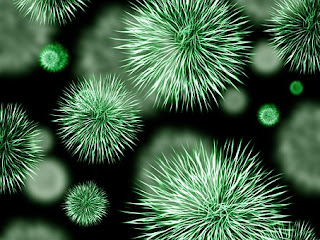The human microbiome encodes resistance to the anti-diabetic drug acarbose
Balaich, J., Estrella, M., Wu, G., et al. The human microbiome encodes resistance to the anti-diabetic drug acarbose. Nature (2021). https://doi.org/10.1038/s41586-021-04091-0
Commentary
The human microbiome encodes biochemical enzymes and pathways, and most of its features are unknown, according to a new study.
In this study, using a metagenomics-based search strategy, they found that selective and clinically used anti-diabetic drugs in bacteria and members of the human gut phosphorylate oral microbiome-encoding enzymes and result in the inactivation of acarbose1, 2.
Acarbose is an inhibitor of alpha-glucosidases in both humans and bacteria. It limits the ability of target organisms to metabolize complex carbohydrates. Using biochemical assays, X-ray crystallography, and metagenomic analysis, it can be suggested that microbiome-derived acarbose kinases are specific for acarbose, provide a protective benefit against acarbose activity to their inhabitants, and are widespread in Western and non-Western microflora.
This result provides an example of widespread microflora resistance to non-antibiotics and suggests that acarbose resistance is widespread in the human microbiome.





